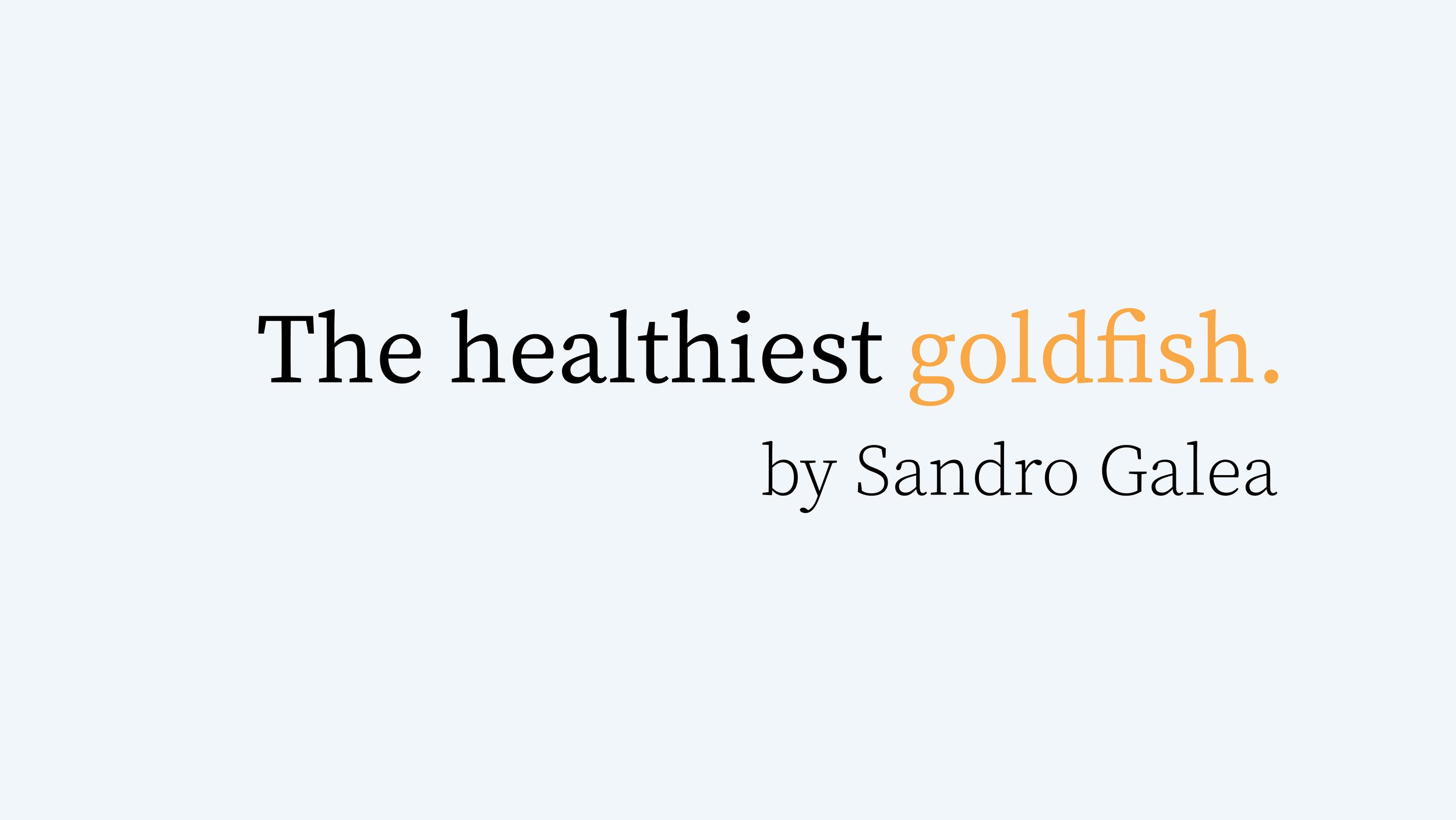Thoughts on the unfolding tragedy in the Middle East.
I was today writing a piece on a different topic, but events in the Middle East seem to have overtaken all thoughts I was dedicating to other ideas, which I will get back to in time. I found myself immersed in reading and re-reading about the tragedy unfolding in the Middle East, and, with that backdrop, working to write a note to our community about my evolving thoughts on the issue. I rework here some of that piece for today’s essay. It will be a shorter essay than usual, reflecting, in part, the inadequacy of words in the face of human suffering and the truth that, for all the words that have been used to discuss this conflict, they all fall short of what we want to hear: that the war has ended, that the hostages have been freed, and that steps are being taken towards the creation of a lasting peace.
Read more here.





